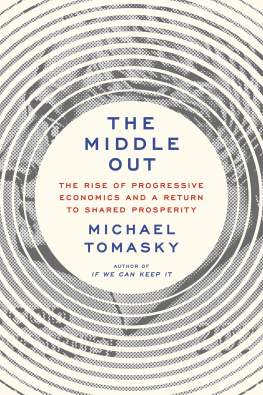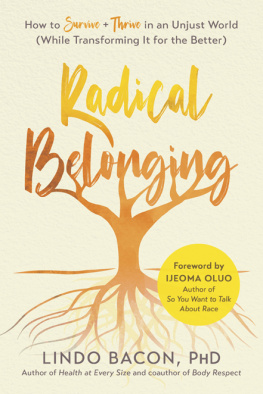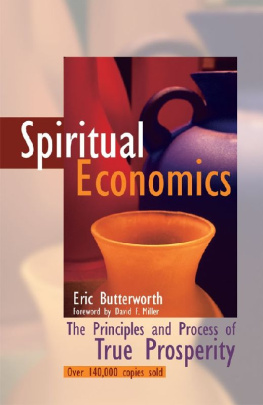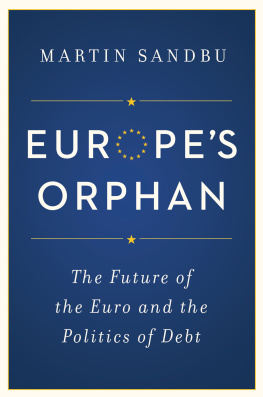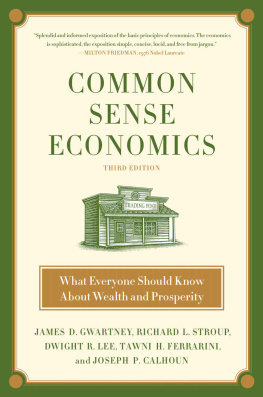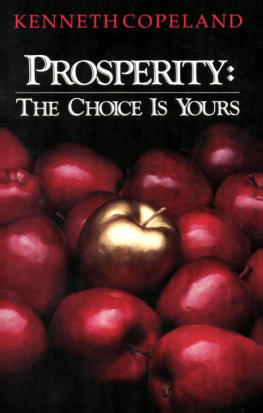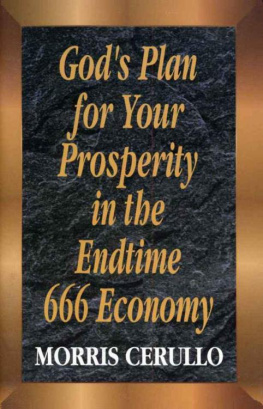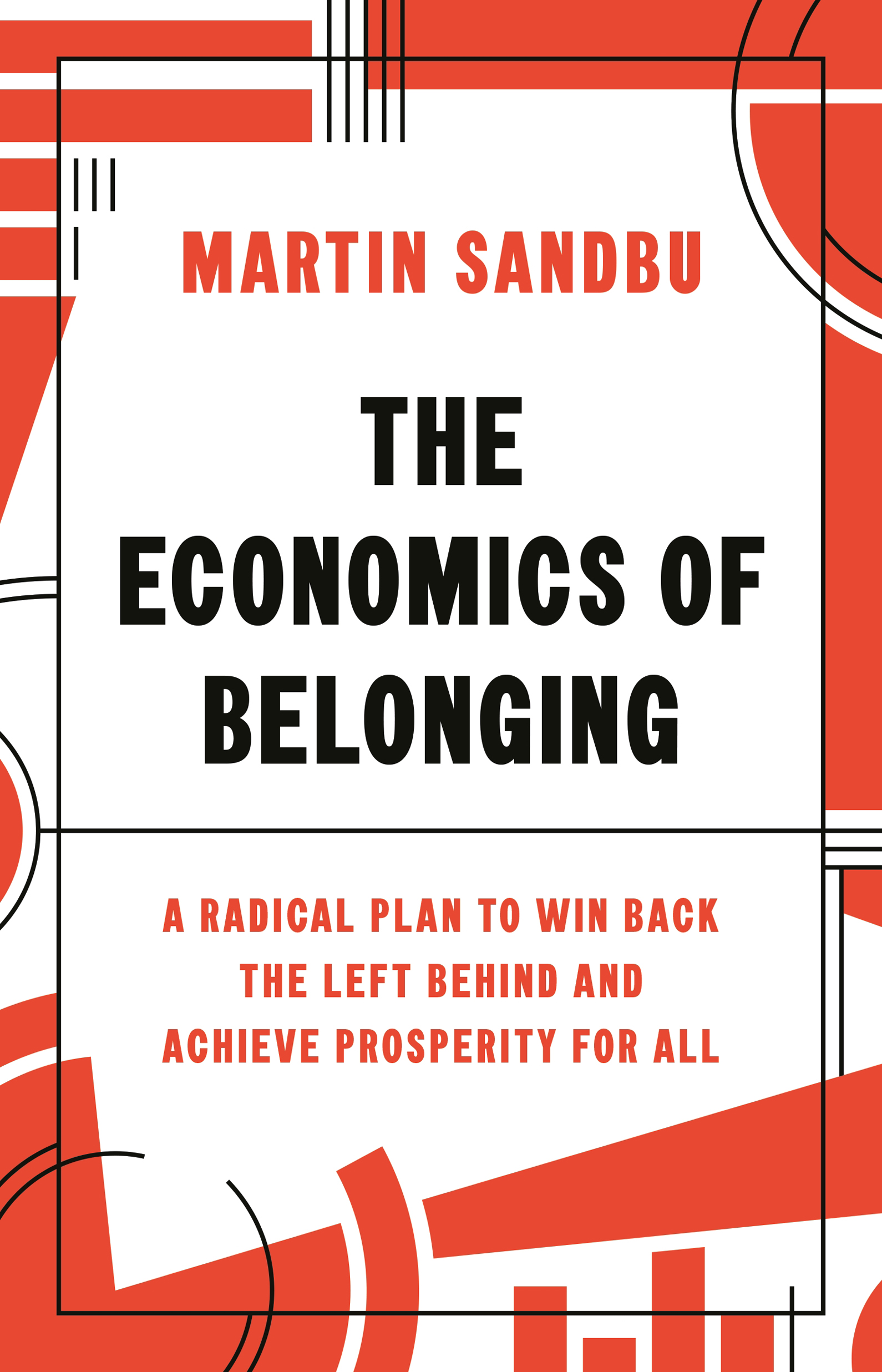Requests for permission to reproduce material from this work should be sent to permissions@press.princeton.edu
The writing of this book was made possible by the generous award of a Journalist Fellowship from the Friends Provident Foundation
ACKNOWLEDGMENTS
Like many others, I have spent the last few years digesting the two political shocks of 2016the Brexit vote and the Trump victory and what deeper phenomena they may representand trying to turn the state of consternation in which they left me into something constructive. In my case, the result is the book you hold in your hand.
There are many tributaries to the river that a finished book aspires to be. For this one, three have been particularly important.
First, I have been fortunate to spend those years at the Financial Times (FT), an intellectual environment that is at once welcoming and demanding while at the same time securely rooted in long-held liberal values. There is no better vantage point for trying to make sense of our chaotic world. So I extend my thanks first to the former and current editors, Lionel Barber and Roula Khalaf, for giving me the opportunity to formulate my own reactions, interpretations, and proposals for our current economic and political turmoil. My FT writing, especially the Free Lunch column and newsletter where my team leader Andrew Jack let me roam freely, has been the nurturing incubator for the arguments that have grown into this book. Those arguments are the better for the many exchanges I have had with FT colleagues about these issues, evenespeciallywhen they disagreed with me. I want to mention in particular Sarah OConnor, David Gardner, Tim Harford, and Martin Wolf, all of whom generously read early chapter drafts, as well as the many other colleagues with whom I have discussed economics and populism, including Chris Giles, Delphine Strauss, Valentina Romei, Gavyn Jackson, Simon Kuper, Ed Luce, and Gideon Rachman.
Second, the writing of this book would not have happened without the generous award of a Journalist Fellowship from the Friends Provident Foundation. The foundations call for submissions prompted me to organise my vague thoughts of a book into a proper plan, and its support did not end with the grant that allowed me to take time off from the FT to write. The foundation also arranged for in-depth feedback from Alison Benjamin and Tony Dolphin on successive chapter drafts, as well as a workshop on the first full manuscript with Alison and Tony, Danielle Walker, and Nicola Putnam. Thanks to all of them and to all the foundations staff and associates.
Third, Princeton University Press has for a second time been an excellent companion in the painful work of getting a book from conception to finished product. Thanks to my editor, Sarah Caro, for spotting early on the potential for a book in a column and believing in it when many others did not. Her perfect balance of encouragement and pushback has made the book much better. Thanks also to all her colleagues whose professionalism has helped me over the many hurdles in the process.
Beyond those three groups, there are too many others to be able to mention them all. Catherine Fieschi provided a forum where some of my early ideas were consolidated. Mark Blyth, Erik Jones, Anand Menon, Ernesto Semn, Tormod Stangeland, and Giles Wilkes all read drafts. Among the many people who have over the years given me ideas, information, inspiration, knowledge, feedback, or encouragement are Dimitra Alexopoulou, David Autor, Richard Baldwin, Torsten Bell, Jared Bernstein, Michael Goldfarb, Heather Grabbe, Jason Furman, Arancha Gonzalez, Sandra Kanthal, Joris Luyendijk, Philippe Martin, Branko Milanovic, Karl Ove Moene, Yascha Mounk, Christian Odendahl, Jan Piotrowski, Dani Rodrik, John Springford, Simon Tilford, Kevin ORourke, Betsey Stevenson, Arvind Subramanian, Adam Tooze, Karen Helene Ulltveit-Moe, Anne Case, Diane Coyle, Angus Deaton, Swati Dhingra, Ben Friedman, Marcel Fratzscher, David McWilliams, Halvor Mehlum, Adrian Wood, and many, many more. I thank them all and apologise for the many names I have surely left out.
First and last comes family. My wife, Ana, has shown admirable tolerance when my attention has been monopolised by the writing. (The cats less so, but they are encouraging in their own way.) And I dedicate this book to my son, Theo, in the hope that it contributes a little to ensuring that my contemporaries do not rob him and his generation of their birthright to an open and liberal society.
Martin Sandbu
London, February 2020
The End of Belonging
Spring had not yet arrived in Washington, DC, on Saturday, 4 March 1933, but the air was nonetheless filled with a sense of revival and new growth. A huge crowd had turned out to witness the swearing in of Franklin Delano Roosevelt, who had been elected US president in a landslide against the backdrop of a collapsing economy, extreme unemployment, and debilitating deflation. Roosevelt did not disappoint those who looked to him for hope. Declaring his inauguration a day of national consecration, he announced in words still remembered today that the only thing we have to fear is fear itself.
Across the Atlantic, the objects of fear were all too real. The very next day, while Roosevelt busied himself in the White House making good on his promise of actionand action now, Germany held a parliamentary election amid a campaign of violence and intimidation. Just five weeks earlier, Adolf Hitler had been appointed chancellor of a coalition with conservatives. Now he was using all the powers at his disposal, as well as the frenzied atmosphere following an arson attack on the parliament building, to arrest, abduct, and terrorise his political opponents. His Nazi Party swept to victory, dominating the new legislature, which would grant him dictatorial power. That same Sunday in March extinguished the last sliver of hope for Germany, just as hope was being reignited in America.
It is one of historys quirks that two of the Wests biggest powers had their fates sealed and their courses set on diametrically opposite trajectories on the very same weekend almost nine decades ago. But what does it mean for us today? There is much talk of learning the lessons of the 1930s, and so we should. The rise of illiberal nationalist movements across the West today carries loud echoes of the interwar years. The poet William Butler Yeats wrote in 1919,
Things fall apart; the centre cannot hold
Mere anarchy is loosed upon the world.
The blood-dimmed tide is loosed, and everywhere
The ceremony of innocence is drowned;
The best lack all conviction, while the worst


